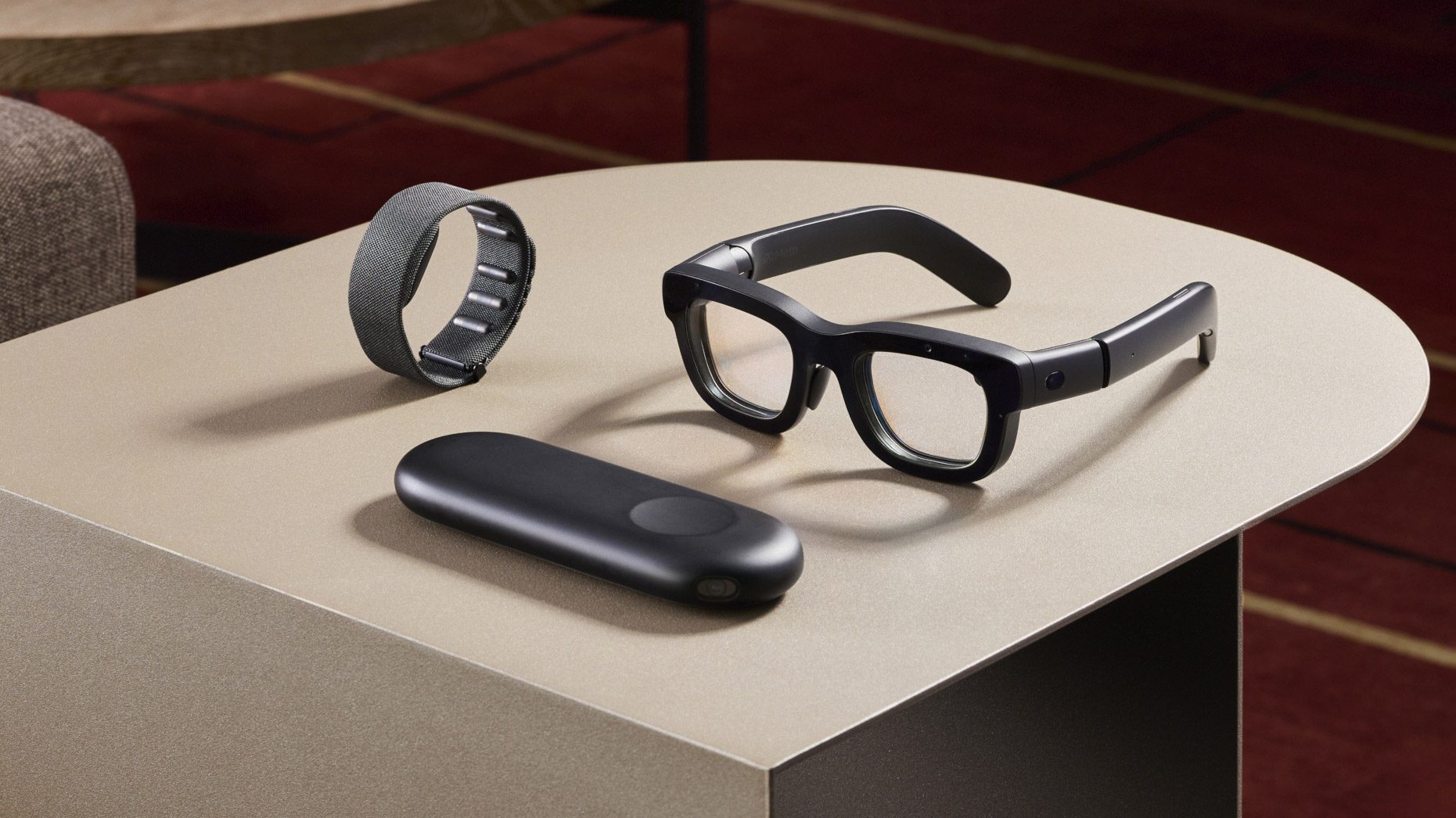Tech News
They Don’t Solve the Problem

Enhancing performance and reducing weight are crucial for advancing standalone XR headsets. Meta’s CTO Andrew Bosworth recently discussed the company’s stance on wireless compute units in standalone VR headsets.
In a recent Instagram Q&A session, Bosworth explained why Meta believes wireless compute units aren’t the ideal solution for their VR headsets.
Bosworth stated, “Wireless compute pucks don’t effectively solve the problem. The battery on the headset remains a significant weight driver, and while there may be some performance improvement, bandwidth limitations arise due to the use of a radio.”
Additionally, Meta’s focus is on creating affordable products for consumers, like the Quest 3S priced at $300 for the 128GB version. Bosworth emphasized that the cost and complexity of wireless compute units outweigh the potential benefits in weight reduction.

While Meta’s Orion prototype includes a wireless compute unit, the company acknowledges the high cost associated with such technology. Despite not pursuing the Orion product due to cost constraints, Meta recognizes the potential for wireless pucks in delivering graphics to AR glasses.
However, Bosworth hinted that Meta’s upcoming AR glasses for consumers may not be as affordable as the Quest, aiming for a price range comparable to smartphones and laptops.
-

 Destination8 months ago
Destination8 months agoSingapore Airlines CEO set to join board of Air India, BA News, BA
-

 Breaking News10 months ago
Breaking News10 months agoCroatia to reintroduce compulsory military draft as regional tensions soar
-

 Tech News12 months ago
Tech News12 months agoBangladeshi police agents accused of selling citizens’ personal information on Telegram
-

 Gadgets3 months ago
Gadgets3 months agoSupernatural Season 16 Revival News, Cast, Plot and Release Date
-

 Productivity11 months ago
Productivity11 months agoHow Your Contact Center Can Become A Customer Engagement Center
-

 Gadgets3 weeks ago
Gadgets3 weeks agoFallout Season 2 Potential Release Date, Cast, Plot and News
-

 Breaking News10 months ago
Breaking News10 months agoBangladesh crisis: Refaat Ahmed sworn in as Bangladesh’s new chief justice
-

 Toys12 months ago
Toys12 months ago15 of the Best Trike & Tricycles Mums Recommend























